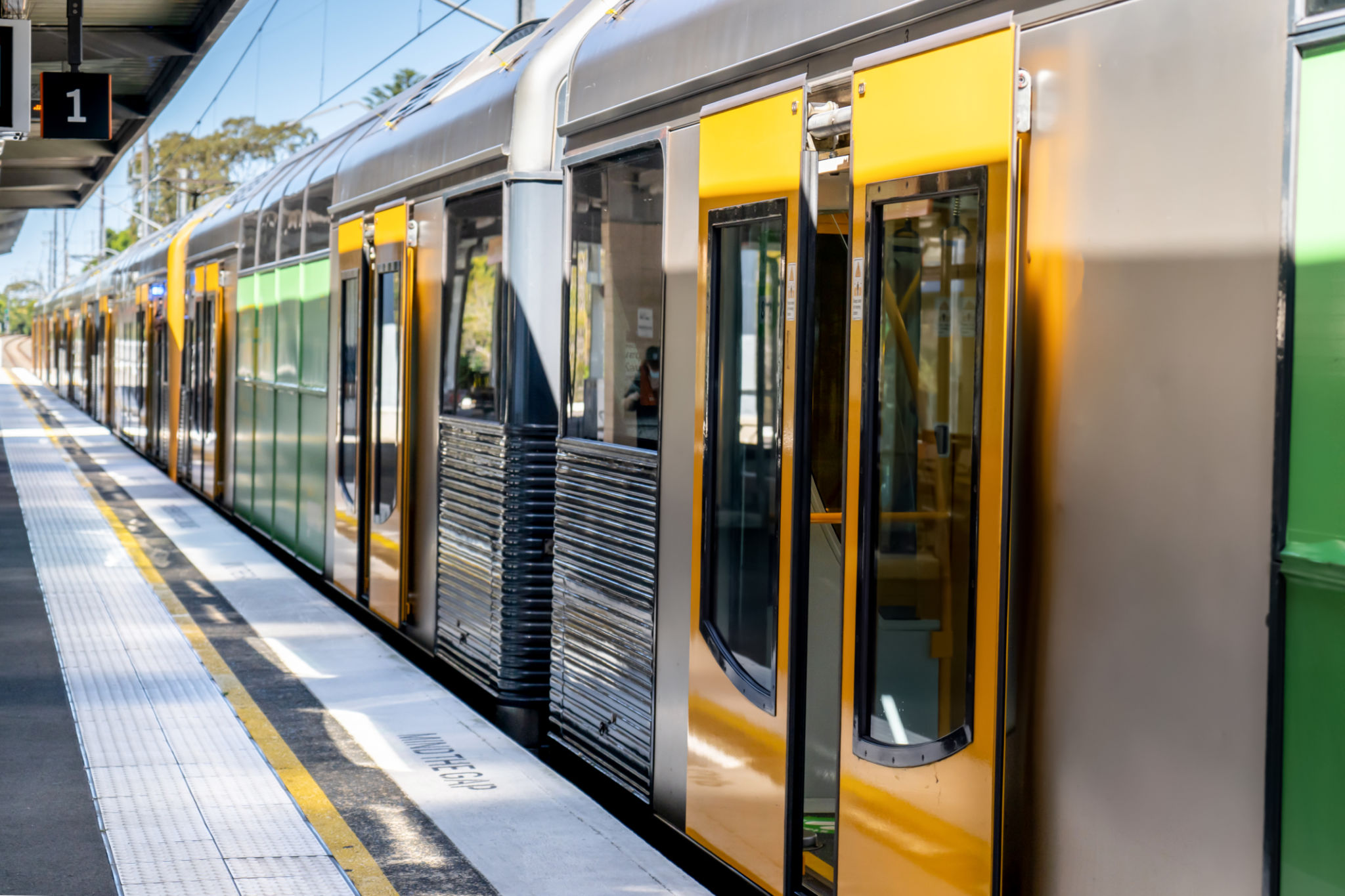Seasonal Guide: Preparing for International Student Life in Australia
Understanding the Australian Seasons
Australia's seasons are opposite to those in the Northern Hemisphere, which can be an adjustment for international students. Summer runs from December to February, autumn from March to May, winter from June to August, and spring from September to November. This seasonal flip means that when students arrive in January, they will be stepping into the middle of summer, which can be quite warm in many parts of the country.

Clothing and Packing Tips
When packing, consider the diverse climate across Australia. If you're heading to Sydney or Melbourne, be prepared for all four seasons. In contrast, northern regions like Brisbane and Darwin are typically warmer year-round. Pack light, breathable clothing for summer and layers for winter. Don't forget a good pair of walking shoes for exploring the great outdoors.
Here's a quick packing checklist:
- Lightweight clothing for summer
- Warm layers for winter
- Waterproof jacket
- Comfortable walking shoes
- Sun protection: hat and sunscreen
Academic Preparations
Before classes begin, ensure you are registered for your courses and have access to the required materials. Many universities offer orientation programs that are highly beneficial. These programs can help you get acquainted with campus life, meet fellow students, and understand the academic expectations. Attending these sessions can significantly ease your transition into student life in Australia.

Exploring Australian Culture
Australia is known for its vibrant culture and diverse population. Engaging with local customs and traditions can enhance your experience. Try local foods like Vegemite, Tim Tams, or a classic Aussie barbecue. Participate in cultural festivals and events—it's a great way to make new friends and learn more about your host country.
Additionally, familiarize yourself with local etiquette. Australians are generally informal and friendly but value punctuality and straightforward communication. Understanding these cultural nuances will make social interactions smoother.
Navigating Transportation
Public transportation in Australia is efficient and reliable in most cities. Students often benefit from discounts on public transport, so be sure to get a student concession card. For those living in major cities like Sydney or Melbourne, trains, buses, and trams are widely available. Alternatively, biking is a popular option, with many cities offering dedicated bike lanes.

Managing Finances
Managing your finances wisely is crucial when studying abroad. Open a local bank account to avoid hefty international transaction fees. Many banks offer accounts specifically designed for students with no monthly fees and convenient online banking options. Additionally, budgeting apps can help you track expenses and manage your money more effectively.
It's also helpful to understand the cost of living in your specific location, as it can vary significantly across Australia. Research accommodation costs, groceries, and other expenses to create a realistic budget.
Finding Accommodation
Accommodation options for international students include on-campus housing, shared apartments, or homestays. On-campus housing provides convenience and opportunities to meet other students, though spaces may be limited. Shared apartments offer more independence but require you to manage utilities and rent agreements.

If you prefer a family environment, consider a homestay arrangement where you live with an Australian family. This option can provide additional cultural exposure and support as you settle into your new surroundings.
Staying Safe and Healthy
Your well-being should be a priority while studying abroad. Make sure you have adequate health insurance that covers medical emergencies, as international students are required to have Overseas Student Health Cover (OSHC). Familiarize yourself with local healthcare facilities and emergency contacts.
Maintaining a balanced lifestyle is essential. Engage in regular physical activities, whether it’s joining a sports team or exploring nature trails. Additionally, stay connected with family and friends back home to support your mental health during this exciting yet challenging time.